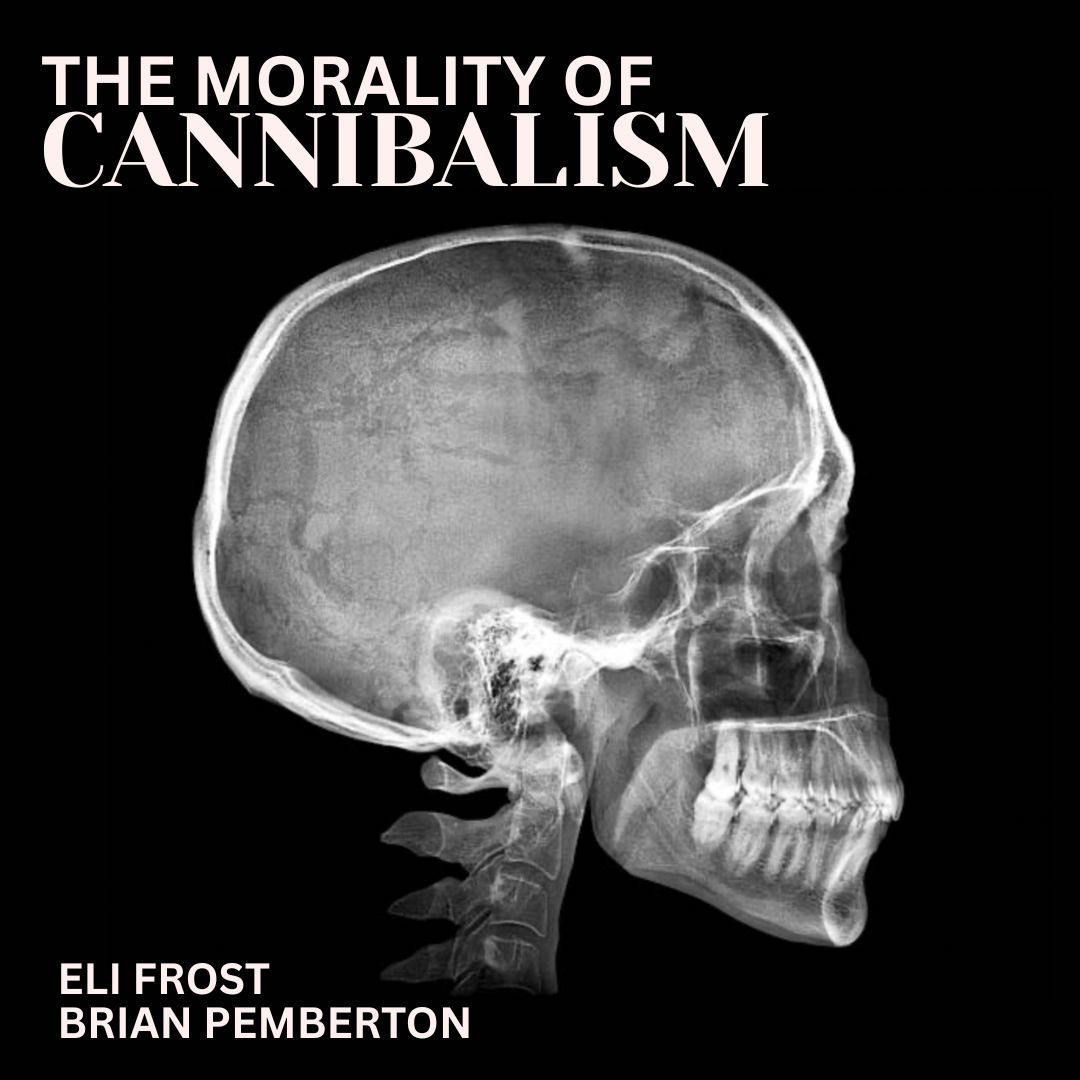Students raise concerns over “Fed Up,” a nutrition documentary
The documentary discusses sugar consumption and the obesity epidemic. However, the film it raised concerns among students about how it may be received by their peers.
February 16, 2023
Health Education, a required class in Oregon, covers a large variety of topics relating to physical and emotional wellbeing. “Fed Up,” a documentary about the harms of sugar was played in many health classes across the Portland Public Schools (PPS), has raised student concerns over whether the health curriculum adequately addresses nutrition.
Steve Scoville, one of the three health teachers at Lincoln, explained the significance of the documentary.
“[Fed Up] discusses excess sugar in our culture,” Scoville said. “It portrays how media influences our sugar consumption, [as well as] the conflict of interest in governmental agencies that control the nutrition industry.”
However, the documentary’s portrayal of certain aspects of food consumption has sparked disagreement over whether it has raised awareness on sugar consumption or created a negative relationship between students and food.
Timm Goldhammer is another Lincoln health teacher and chose to not play the documentary. He attributed this choice to the difficult nature of teaching nutrition in a successful way in which students also feel comfortable and safe.
“I think many may have benefitted and perhaps some may have felt targeted and perceived it negatively, which is never our intent in Health Education,” he said.
A student who watched “Fed Up” in health class and requested to remain anonymous acknowledged that the main idea of the documentary was valuable, but was concerned about how it could be received by students.
“The point of the video was the problem with [food corporations] and how there is sugar in every food,” they said. “I thought that what the documentary was trying to convey made sense, but teachers didn’t really talk about it at all. I’m worried that people could have gotten the wrong message from it and start a bad relationship with food.”
Katelyn Simpson, a sophomore in a health class that watched “Fed Up,” had a similar concern.
“Something that I feel like everyone should avoid is being restrictive, and I feel like that video was trying to push people towards restriction,” she said.
Simpson was also frustrated by the lack of trigger warnings and conversation after the documentary.
“The video itself was problematic, but I think what’s more problematic is that people just were not able to talk about it,” she said. “Eating and nutrition are such big and sensitive topics and… there was no trigger warning about the video whatsoever.”
Goldhammer also brought up some of the nuances behind access to healthy foods.
“What I feel is not conveyed well is that not everyone is able to make equal choices when it comes to the quality and cost of food and that could make some students feel uncomfortable,” he said.
The documentary also addressed the obesity epidemic in regards to sugar.
“I think it was important in the way that it shared struggles with obesity,” said Scoville. “It allowed people that might be having those same struggles to recognize that they’re not alone, [and] it helped show some ways that they could possibly deal with [that] in a healthy way.”
Sophomore WeiLan Nathan agreed that it can be helpful to see people you can relate to, but wasn’t happy with the way the documentary did it.
“[It was like they] gave you someone to relate to – someone that’s not giving you any hope to change,” she said.
The anonymous student also felt that the documentary didn’t appropriately cover the subject.
“One of the negative takeaways was the way they introduced some of people that were dealing with obesity; it was kind of alienating them. I felt very uncomfortable by that,” they said.
The anonymous student understands the importance of the issue, but doesn’t support the execution of the documentary.
“Their intent was good. I think that… the food industries and the way advertising works… are a big problem,” they said. “I think it’s important for people to know that, but the way it did that wasn’t the greatest.”





